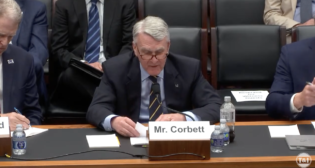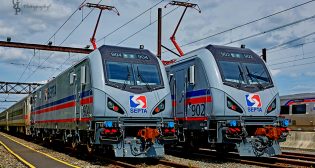
End of an Era at NJ Transit
Written by David Peter Alan, Contributing Editor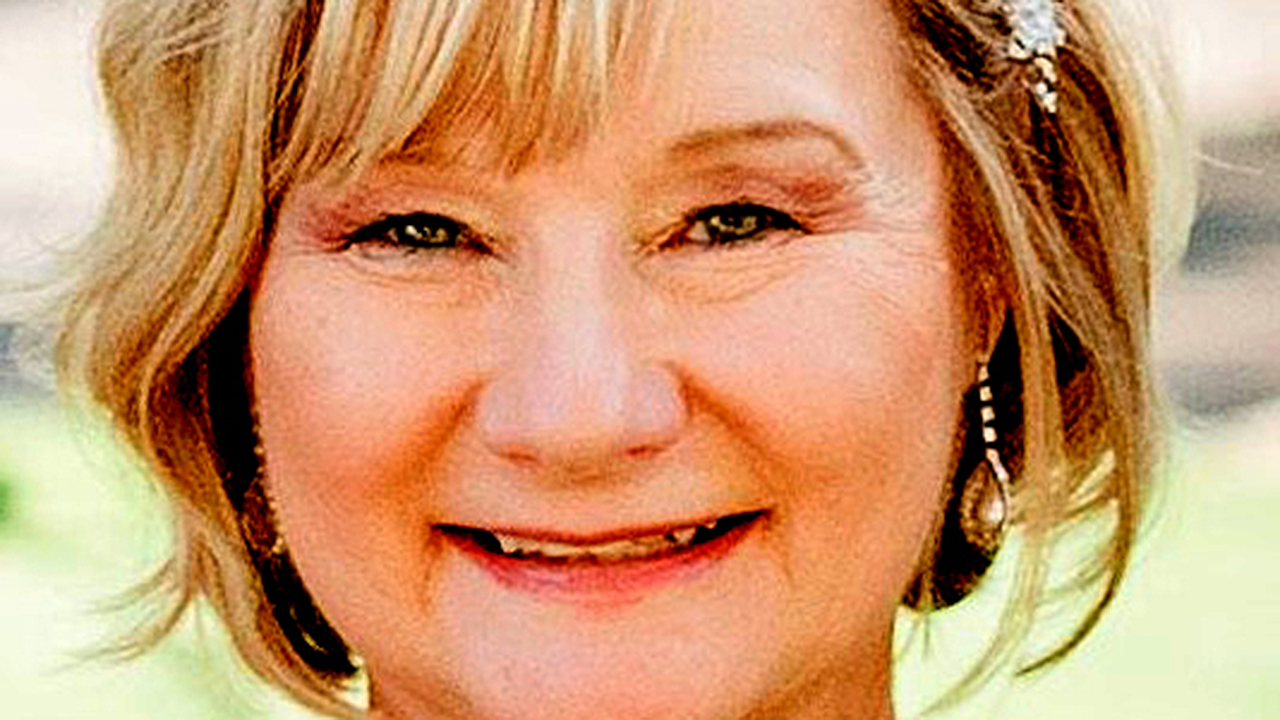
Joyce J. Zuczek
In a sense, New Jersey Transit will never be the same after the end of February. That’s when Joyce J. Zuczek, Secretary to the agency’s Board of Directors, will retire after more than 45 years’ service at NJT and its predecessor, the Commuter Operating Agency (COA) within the New Jersey Department of Transportation (NJDOT).
Through the years, Joyce served and worked with leaders of the industry, elected officials and anyone else who had business before the Board, including advocates for the agency’s riders. She treated all of them, including me, with concern and respect. For that alone, she deserves to be remembered.
Transit in New Jersey was in terrible shape in 1979, and everybody knew it. Conrail was running the trains at the time, hampered by unreliable equipment, and funded by help from the State through the COA. The bus side was in trouble, too. Public Service, the electric and gas utility, was running most of the state’s buses and the Newark City Subway (now Newark Light Rail) under the corporate name “Transport of New Jersey” and wanted out. Railway Age reported on this history when NJT celebrated its 40th anniversary on July 17, 2019 (NJT at 40: People, Politics and Progress). A compassionate Senator, Francis X. Herbert, sponsored the bill that would do something about it by establishing the agency. It passed by one vote. In later years, he was known as the “Father of NJ Transit” and, according to the agency’s bio of her, Joyce typed the draft of his bill. Gov. Brendan T. Byrne signed it, and Louis J. Gambaccini, the dynamic Transportation Commissioner, got NJT started.
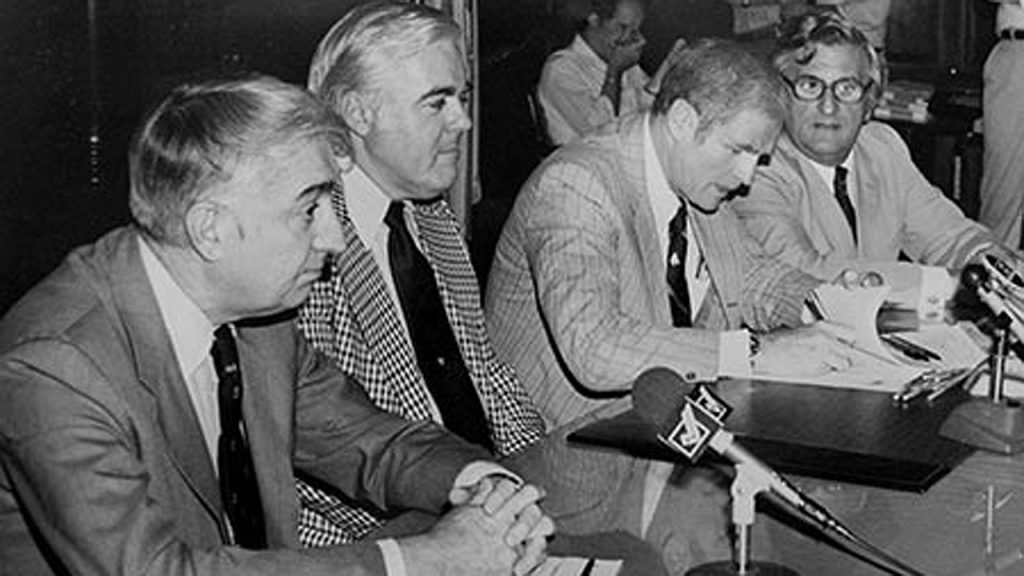
The original roster of employees reads like a list of future industry leaders: George D. Warrington (who later headed NJT and Amtrak), D.C. Agrawal (who issued the check to buy Public Service’s bus company), Martin E. Robins (lawyer and incorporator of NJT Rail), Arthur S. Guzzetti (Vice President for Policy and Mobility at the American Public Transportation Association), and John McGoldrick on the Board among them. Others came later: planner Jim Greller, engineer Stan Feinsod (now consulting in San Francisco), Shirley DeLibero (the agency’s Executive Director who later became known as the “Queen of American Transit”), Raymond P. Kenny (the 50-year railroad man who the COVID-19 virus suddenly took away from us) and many more. I knew all of them. Joyce worked with all of them. She rose through the ranks and went on to acquire impressive credentials at NJT.
I first got to know Joyce when, as an advocate for the riders through the Lackawanna Coalition, I filed a request with her under the Open Public Records Act (OPRA). I asked for a list of every dissenting vote ever cast by any member of the NJT Board. She compiled it and later told me it was one of the most interesting requests she had ever filled. It was a pitifully short list, with no entries since 2003. It would be the end of 2014 before there was another. There have been few more since then.
Joyce was later promoted to “Acting” Secretary to the Board. She served, and continues to serve, in an exemplary manner, maintaining her professionalism and dignity, even in the face of witheringly hostile politics from time to time, and she always treated everybody with respect, from the highest elected officials to the most ordinary of transit riders. She soldiered on in that “Acting” capacity for years.
Finally, when she was liberated from having to understudy her own job and given the title of Secretary officially, all of us in the audience rose to our feet in tribute. It was the only time I had ever witnessed a standing ovation given to an administrator of Joyce’s rank. It was a showing of everyone’s appreciation to her for doing her job so well, and sometimes under difficult and adverse conditions.
“Joyce Zuczek has been a big part of the heart of NJ Transit since its inception more than 40 years ago,” said President and CEO Kevin S. Corbett. “Joyce’s dedication and professionalism have exemplified the best of public service. She has served our agency, our customers and the people of New Jersey with distinction, care and integrity while playing an important role in the many achievements NJT has made over the past four decades. We congratulate Joyce on a well-deserved retirement, but her warmth and love of NJT will be missed by us all.”
Like Joyce, Art Guzzetti was a “charter member” of NJ Transit. He prefaced his statement by saying, “It is with great pleasure and admiration that I offer the following quote” and then told Railway Age: “Joyce Zuczek was part of the team of trailblazers who laid the groundwork for NJ Transit in its earliest days. Her standards of excellence continued throughout NJ Transit’s impressive history. They simply do not come any better than Joyce! To know her is to admire her!”
Sally Jane Gellert, Chair of the Lackawanna Coalition, has made statements before the Board both as Coalition Chair and previously as its Communications Director. She said, “When I started attending NJ Transit board meetings as a member of the Lackawanna Coalition, I was new to transit advocacy, and Joyce Zuczek made me feel welcome, as she does everyone. Joyce has always been gracious, and her professionalism and expertise set a high standard. Though I gladly offer congratulations on her well-earned retirement, it is not without regret. I will miss her friendly assistance.” Gellert also noted that Joyce’s retirement marks the end of an era, and then added a personal touch: “Best wishes, Joyce, from the Lackawanna Coalition. We’re sorry that we can’t say good-bye in person, but we would welcome you to visit us in Millburn.”
At this writing, Joyce is about to coordinate her last Board meeting. Like all of them since the COVID-19 virus hit, it will be a phone conference; not a personal encounter. The Board members and executives will not be hobnobbing in the back room before the meeting is called to order. The advocates will not be comparing notes or preparing their requests for improvements in our transit. The managers will not be at the back of the room, sharing interdepartmental news. And none of us will be there to honor Joyce Zuczek in person, as we would have been, had the pandemic not hit.
New Jersey Transit will continue. The trains, buses and light rail vehicles will soldier on. There will still be Access Link paratransit for the persons with disabilities who need it. Politicians will impose policies on the agency and its riders, for better or worse. Political skirmishes will flare up from time to time. Getting sufficient funding will continue to be a challenge, and advocates for the riders will still attempt to convince the Board members who don’t regularly ride the rails or buses that their customers deserve a better-scheduled train or a bus re-routed to connect with it. But the Board meetings of the future will not be the same, because Joyce, with her civility and respect for everyone, will no longer be there to exert her calming influence.
Joyce has prepared her successor, who I have every reason to expect will do the job well, but a certain continuity that exists at NJT this month will not be there next month. This month, there is somebody at the agency who worked there at the beginning, and who has first-hand knowledge of the struggles and the excitement of building an organization designed to provide intermodal mobility on a statewide level. As February ends and March begins, that will no longer be true.
Railway Age reports the career moves and retirements of those who have gained renown in the railroad and transit industries, the people at the top who issue the orders that mobilize the army of men and women who keep the trains running. Sometimes the publication bestows a similar honor on a member of that “army” who served the leaders and the riders with equal respect. I like to think that, by honoring Joyce Zuczek on the occasion of her retirement, Railway Age somehow honors them all—the folks on the train crews, and those who support them along the line and in the office, all of whom keep our trains running. Joyce Zuczek is one of the very finest.
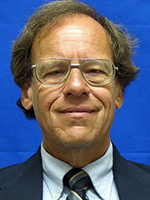
David Peter Alan is one of America’s most experienced transit users and advocates, having ridden every rail transit line in the U.S., and most Canadian systems. He has also ridden the entire Amtrak network and most of the routes on VIA Rail. His advocacy on the national scene focuses on the Rail Users’ Network (RUN), where he has been a Board member since 2005. Locally in New Jersey, he served as Chair of the Lackawanna Coalition for 21 years, and remains a member. He is also a member of NJ Transit’s Senior Citizens and Disabled Residents Transportation Advisory Committee (SCDRTAC). When not writing or traveling, he practices law in the fields of Intellectual Property (Patents, Trademarks and Copyright) and business law. The opinions expressed here are his own.
